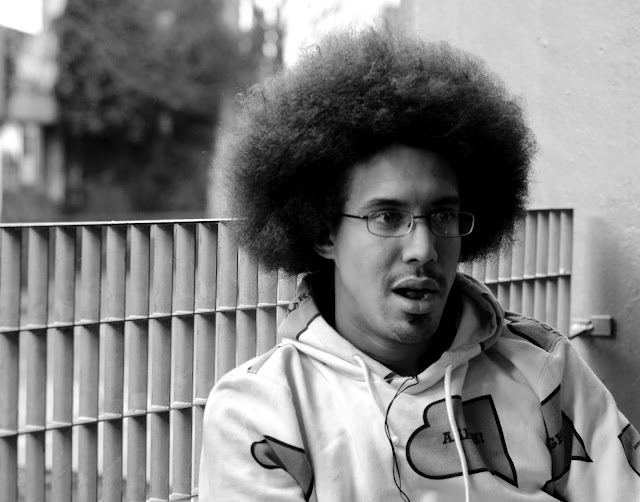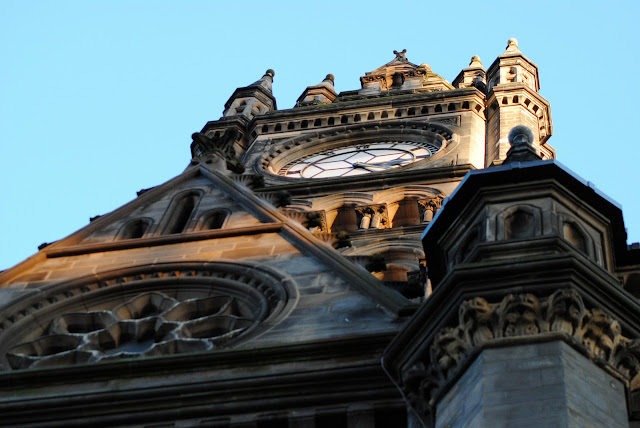Before I started working for British Cycling, I was a sports scientist helping with the physical preparation of athletes to perform to their potential. My interest in sports science started while following Chris Boardman’s career and I was particularly engaged with his relationship with Peter Keen the scientist who developed British Cycling’s 6 zone training model.
However, as my understanding of the physiology of cycling and my own coaching practice advanced, I started to better understand the importance of the psychological aspects of coaching and cycling performance. Developing this understanding is likely to have a positive impact on the efficacy of my own coaching practice.
With that in mind, it was exciting to be given a CPD opportunity to attend a workshop at the University of Wolverhampton on Emotion Regulation of Others and Self in Sport. This workshop was delivered as part of the
EROS project and led by Prof. Andy Lane of the University of Wolverhampton. There were a number of interesting messages but the main one for me was that emotions substantially impact on cycling performance and by learning to regulate your own emotions or help riders to regulate theirs, positive outcomes become more likely.

Emotions are important for performance because they relate to a rider’s state of mind and how this state interacts with their behaviour, their environment and with others around them. The diagram shown to the side illustrates how a number of emotions impact on how activated a rider is to respond to within their environment. Note that emotions are shown to be pleasant or unpleasant rather than positive or negative.
By helping riders understand what role emotions play in their own behaviour and for decision-making, it is more likely that they will respond in a way that will help their performance in stressful competitive environments. The following quote from
Baumeister et al (2007) was very interesting in this regard because it suggests that emotions that we may initially perceive as negative may result in positive behaviour change that impacts positively on performance.
“If the total net effect of emotion were to cause behaviours that were maladaptive, such as by reducing survival and reproduction, then natural selection would likely have phased emotion out of the human psyche”
For example, a rider may feel downhearted or afraid because they think that they are not as good as the riders they compete against. An automatic response by the coach could be to provide re-assurance or suggest that the rider uses positive self-talk to improve their confidence. However, it is important to consider that the unpleasant emotion may help their performance by motivating them to be more focussed or to train harder/more effectively. An unpleasant emotion sends a signal that they need to do something to improve the way they feel. For a competitive rider who is down because he is performing poorly, such an emotion might lead to increasing effort and increased effort can lead to improved performance.

It can be useful to explore what emotions your riders experience when performing well (or less well_and develop strategies to try to replicate them for subsequent performances. These emotions may seem counterintuitive to what you believe is likely to enhance their performance. For example, a rider may report that they feel tense or very nervous before important races but they may perform better when experiencing such emotions. Therefore, it would be inappropriate to use strategies such as relaxation techniques or imagery to try and alleviate what may be perceived to be negative emotions. However, if a rider commonly experiences emotions that negatively influence their performance, developing appropriate strategies such as using cue word to “re-frame” the experience may be beneficial.
• Identify emotional states associated with best and worst performance. These might vary from rider to rider.
• Examine the use and effectiveness of rider emotion regulation strategies. A strategy a rider believes to be effective may not be so.
• Help riders examine the perceived cause of their feelings. If change is desired, help them re-appraise the causes.
• Recognise that many performance management strategies will also act as emotion regulation strategies.
The EROS workshop highlighted to me how the quest to be as effective as I can be in my job or as a coach is a never ending one; there are always new areas to investigate or other perspectives to consider. CPD, learning from other disciplines or sports and being open to new ideas is an integral part of being an effective performance coach and attending such workshops is part of that process.
Many thanks to Prof. Andy Lane for his assistance in ensuring this article reflects the work of the EROS group.This article will shortly be published on the British Cycling website and they will retain copyright when this is done.






















































